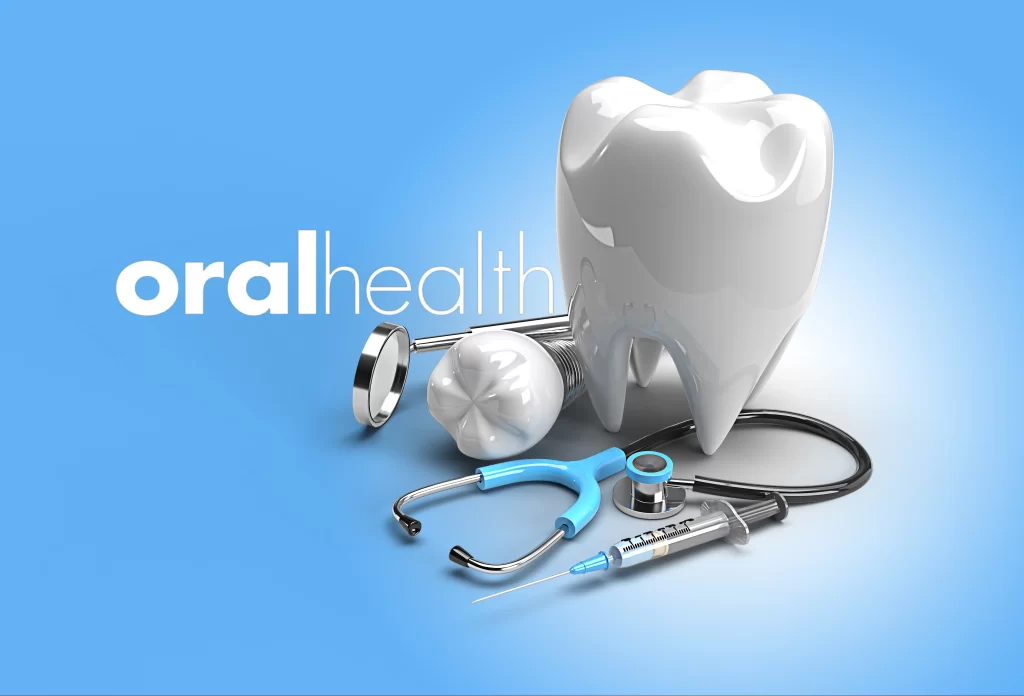Oral Health: Risk Factors and Dental Problems

Oral health is a key indicator of overall health, well-being, and quality of life, at any age.
Good oral health promotes chewing, digestion, and speech and contributes to the absence of pain and discomfort. In addition, a healthy mouth and smile have a positive impact on social interaction and self-esteem.
Sometimes oral health is neglected. But the health of the mouth is just as important as that of other organs, and keeping it healthy doesn’t require much effort. With good hygiene habits, it is possible to reduce and prevent various oral problems.
RISK FACTORS
- Poor oral hygiene: in the presence of poor oral hygiene the accumulation of bacterial plaque increases, leading to tartar formation.
- Tobacco: smoking increases the risk of oral diseases and can cause bad breath, stains on teeth, loss of taste and smell, and premature loss of teeth.
- A diet high in sugars: the risk of developing tooth decay increases if sugar consumption is more than 50 grams per day.
- Excessive alcohol consumption: excessive consumption of alcoholic beverages can cause tooth decay, increase the risk of infection, and the risk of developing diseases in the mouth.
DENTAL PROBLEMS
The main dental problems you should be aware of and watch out for are:
- tartar
- tooth sensitivity
- canker sores
- bad breath
- caries
- gingivitis
- periodontitis
- oral cancer.
ORAL HEALTH TIPS
We give you some tips for good oral health:
- Visit your dentist regularly.
- Perform correct oral hygiene.
- Maintain a healthy diet.
- Drink alcohol in moderation.
- Do not smoke
- Avoid wearing piercings in the mouth.
- Wear a mouthguard if you play contact sports.
One piece of advice for overall good health: smile! Smiling increases your level of well-being and releases endorphins. So smile every day.
GOING TO THE DENTIST
Often going to the dentist is only remembered when there is a toothache and the problem may already be at an advanced stage. Regular visits to the dentist are one of the best ways to avoid oral problems, at all stages of life.
There is no one-size-fits-all recommendation for the number of visits. The frequency varies from person to person and depends on a number of factors. A visit to the dentist every six months may be sufficient for someone who does not have significant problems in their mouth and teeth or in their general health. For everyone else, a visit to the office every three or four months may be advised.
For children, it is recommended that the first visit take place as soon as the first baby tooth is born, and then if there are no problems, every six months.






Responses